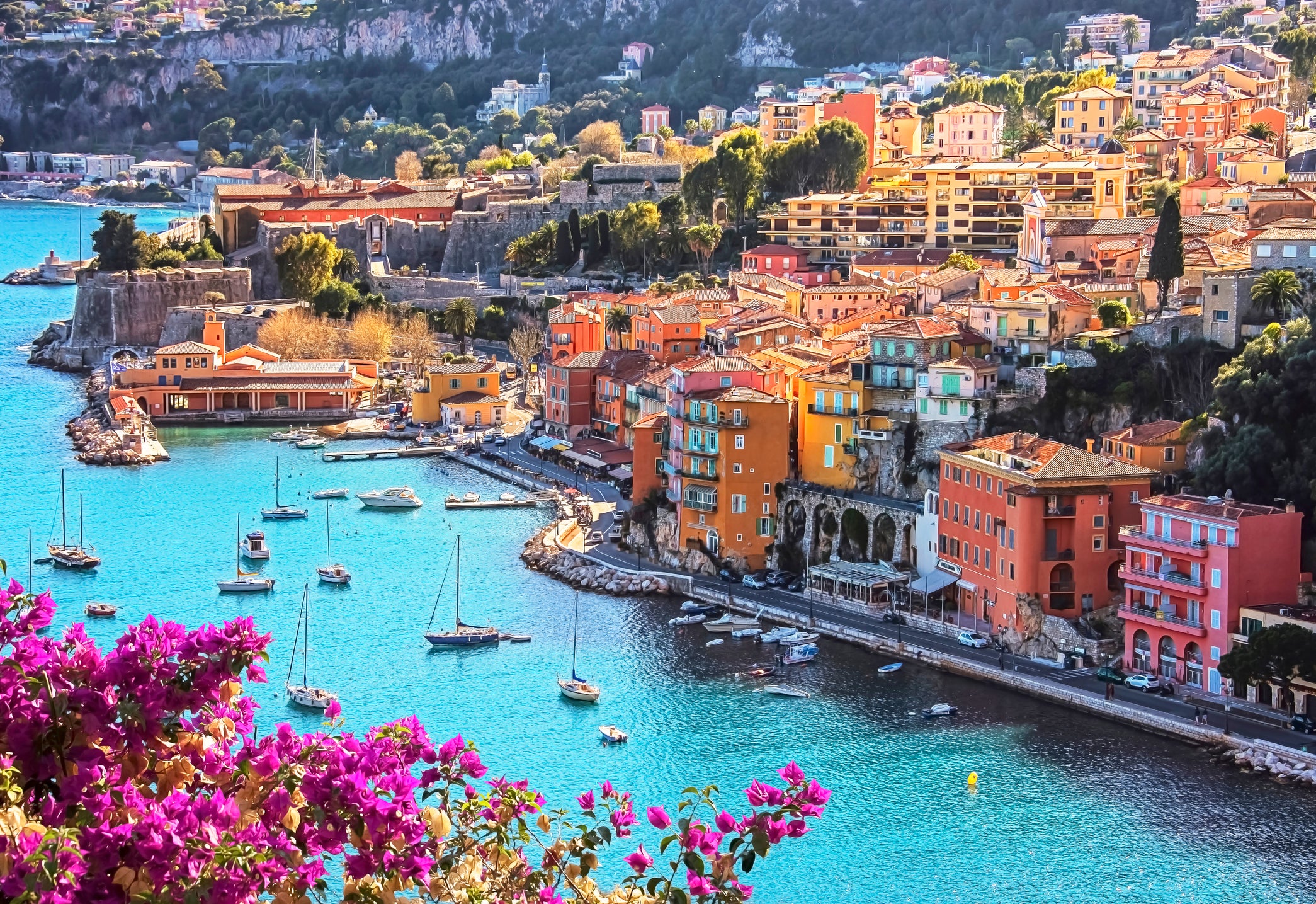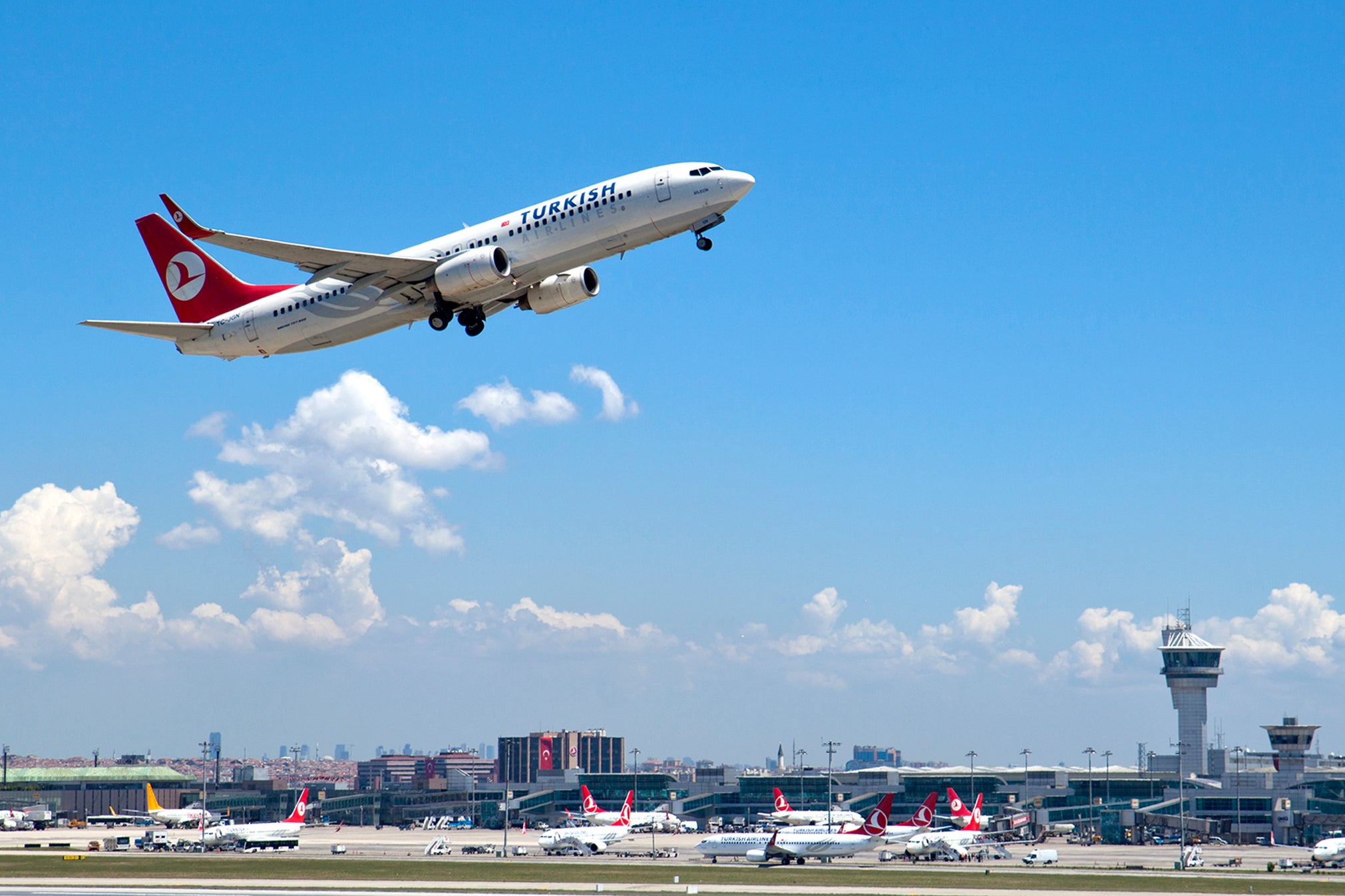Can you recommend the best two-day city break?
Simon Calder answers your questions on European getaways, delayed flights and claiming refunds


Q I work very hard but I have the opportunity to go on a two-day city break in the second week of May. I want to visit an iconic city and see the main sights. I’m thinking Venice, but I’d also take Rome. Which would you recommend, or do you have other suggestions?
Name supplied
A May is a terrific time to visit many locations in southern Europe. The weather is warm and pleasant. Prices are more reasonable than during the summer peak. Crucially, crowds are thinner. I will, though, try to persuade you to go somewhere different. The reason: the most alluring Italian cities are best visited in the lowest of seasons.
During November, early December or the last three weeks of January, Rome or Venice (or both) can be heavenly. I guarantee you a better experience than at any time during the summer. Tour groups in their thousands, as well as cruise ship passengers, will be notable by their absence. While the weather may not be perfect, you will be able to enjoy the great sights and museums in relative calm. Decent restaurants have plenty of space. Hotel beds and airline seats have good availability and low prices.
Instead of the great Italian cities this May, I propose Nice – whose airport is so close to the city that you can walk into town. The fifth-biggest city in France is rich in culture and cuisine as well natural beauty, with excellent links from the UK. The colourful market at Cours Saleya is full of local life, and an excellent place to begin an exploration of Vieux Nice and the adjoining Vieux Port.
Late 19th- and early 20th-century art is abundantly represented in the city. Perched on a hill above the city in Cimiez, a Genoese mansion houses the Musée Matisse. Adjacent is a 16th-century monastery. Lower down, you’ll find the Musée national Marc Chagall.
Back on the Promenade des Anglais, which separates the beach from the city, order a drink at the Belle Epoque-style Hôtel Negresco.
If you sightsee at the same pace as you work, you might even have time to make a short and rewarding side-trip to the beautiful fishing town of Villefranche-sur-Mer: just 20 minutes or so away on frequent bus 607 (€2.10), and a serene extra dimension to metropolitan Nice.

Q I was really looking forward to a half-term holiday in Turkey in late May. But the travel agent has just called to say that both the outbound and return flights will depart five hours later than scheduled. Instead of arriving at the resort for 7pm in time for dinner, we’ll now arrive at midnight. Can I cancel, or at least get some compensation?
Name supplied
A How frustrating. Your original flight timings sound civilised – the new ones, very uncivilised. Airlines and holiday companies change flight times for a whole range of reasons, to do with everything from slots to availability of crew. I suspect the latter may have been the explanation in this case.
For a two-week holiday Abta, the travel association, says a change of flight time of up to 12 hours, with at least 14 days’ warning given, does not amount to a “significant change”. For the purposes of your contract with the travel company, it’s only a “minor change”. No compensation is payable. Nor are you entitled to the options that holiday firms must offer to people who have suffered a significant change (which could also include a hotel move to a different resort).
Such holidaymakers are entitled to “a choice of an alternative comparable holiday (if available) or their money back”. It is doubly annoying if you paid extra for those particular flight times compared with other departures. I am afraid, though, about the only redress you can have is the satisfaction of booking with someone else next time.
For scheduled flights only, incidentally, airlines each have their own policies on time changes. For example, when Ryanair changed my flight time by three hours and I was able to cancel for a full refund without a problem. It’s a mess in terms of consumer rights.

Q In October my wife booked an Eastern Airways flight from Southampton to Dublin through a company called Kiwi. A few days later, Kiwi told her Eastern Airways had cancelled the flight. She was advised to buy a new ticket through Kiwi for Aer Lingus for £93, with no guarantee of a refund for the cancelled flight. Is this behaviour normal, and can you suggest ways we can progress this?
David W
A You won’t thank me for saying so, but: it was an interesting decision to book a trip from England to Ireland through an online travel agent based in the Czech city of Brno. The pitch from Kiwi is: “We hack the system. You fly for less. Book cheap flights other sites simply can’t find.” I am not sure that claim could be proven for a straightforward ticket from Southampton to Dublin.
The suggestion that your wife should buy a new ticket and then hope for a refund is preposterous. Under European air passengers’ rights rules (which still prevail in the UK despite Brexit), Eastern Airways – the cancelling airline – is obliged to pay for a replacement flight on Aer Lingus. Your wife should not be out of pocket. However since she chose to book through a third party, I can understand Eastern Airways pushing the obligation onto her travel agent.
Now she appears stuck. I have no confidence in the refund option. Kiwi warns passengers whose flights are cancelled: “A refund might not always be available … some carriers only refund in vouchers or they don’t refund at all … If a refund is possible, you should expect to receive it within three to six months.” For flights within Europe (and many beyond), this is nonsense: any cancelling airline must refund the full fare in cash within a week. But what does Kiwi care? It is subject to European Union consumer justice provisions, but with Brexit the UK decided not to be able to pursue claims easily with EU businesses; these days your wife would need to engage a Czech lawyer to fight a case in Brno.
My first suggestion is to go back to Eastern Airways and point out the carrier is morally required to rebook you whether or not the travel agent intervenes. If that does not work, ask your wife why she chose such an unusual booking path. If it was through Skyscanner, the fare comparison site has an excellent customer service operation, which may be able to apply some pressure on Kiwi to do the right thing.

Q My son and his wife have had to cancel their month-long honeymoon in May because he has unfortunately fallen ill. The trip cost thousands of pounds to set up. They have travel insurance and they think they can leave it with the insurer to sort everything out. But shouldn’t they try to cancel everything themselves direct with airlines and hotels first, and then claim through insurance if a refund is not given?
Name supplied
A I am sorry to hear about your son’s condition. They should contact the insurer as swiftly as they can to notify the firm about the cancellation and to understand the next steps to take. A general principle of insurance is that the policyholder is expected to take reasonable steps to minimise the losses. To the extent that your son’s condition allows, he and his wife should contact all the parties involved – airlines, hotels and experience providers – to notify them and see if they will waive cancellation fees.
Often they will be understanding and issue a refund. This is especially true when business is good and they can expect to sell the product to someone else. When I had to cancel a family trip to Australia because of illness, all the hotels I had booked readily allowed me to cancel penalty-free. (They were, incidentally, all independent hotels rather than chains.) The airline did not give a full refund, but the tickets were relatively expensive, and one of the benefits of this was that much of the value was refundable.
One possible issue is that the insurer may ask whether your airline will issue a voucher (rather than a cash refund) upon proof of an unexpected medical emergency; if the carrier does that, the insurance company is not regarded as liable for the flights. Another hiccup: the insurer may issue a refund less Air Passenger Duty (which, for a long-haul trip in anything other than basic economy could be £400 for a couple). It can be difficult to reclaim this from the airline.
Most importantly, I hope your son makes a swift recovery and they can plan another honeymoon soon.
Email your question to s@hols.tv or tweet @simoncalder


Join our commenting forum
Join thought-provoking conversations, follow other Independent readers and see their replies
Comments